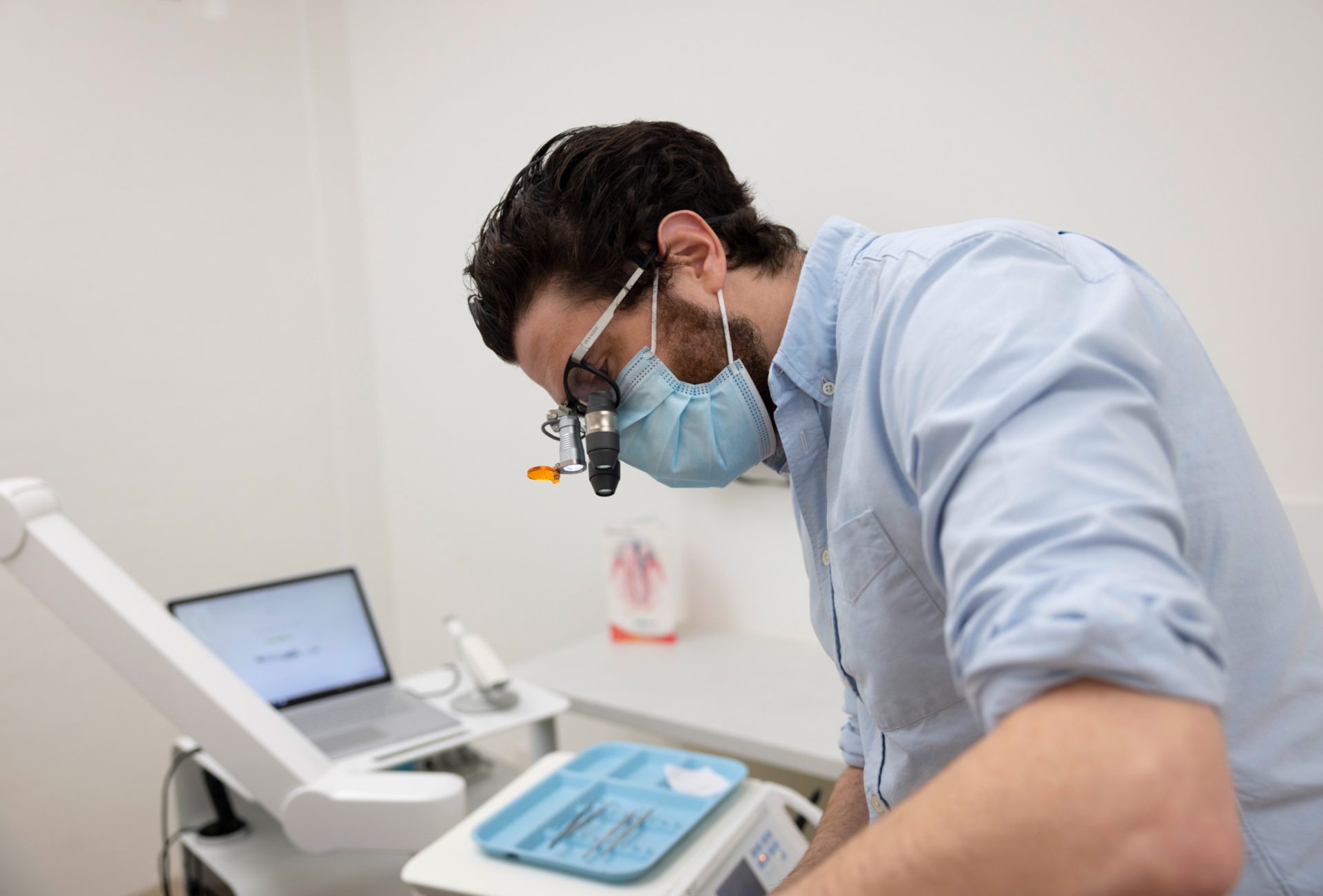How Many Wisdom Teeth Do Adults Have?

A common question we hear from our patients is – ‘how many wisdom teeth do adults typically have?’ Our third molars, also known as wisdom teeth, are the last teeth to erupt in the mouth.
While most people have four wisdom teeth, it is not uncommon for adults to have fewer or more. Wisdom teeth can also be impacted, meaning they are unable to erupt properly and may cause pain, infection, or other problems.
Learn more about wisdom teeth in this blog or if you have any specific wisdom teeth concerns, reach out to our friendly staff at Kensington Dental Care today.
What Are Wisdom Teeth?
In the past, wisdom teeth were thought to be essential for tearing, crushing, and chewing food, especially tough raw plants, hard nuts, and tough meat. However, with the evolution of modern life and food preparation, our primal need for wisdom teeth has decreased over the centuries.
Today, wisdom teeth or third molars are used just as any other teeth in the mouth to grind food for ease of digestion. While wisdom teeth are no longer essential for chewing tough foods, they can still be useful as a third set of molars if they are able to erupt properly.
However, many people do not have enough room in their mouths for all four wisdom teeth to grow properly, which can lead to problems such as impaction, infection, and tooth decay.
When Should I Expect My Wisdom Teeth?
A dentist will explain that the common age where it’s typically normal to develop wisdom teeth is in your late teens to early twenties after your baby teeth have all fallen out.
However, it’s also possible for wisdom teeth to emerge later in life, even up to your 30s. Sometimes people will go their entire life and won’t ever develop wisdom teeth at all, which is completely natural as well.
Do Wisdom Teeth Hurt?
The average adult can remember the mild pain and discomfort of standard new molars coming in, and this feeling is no different to experiencing one wisdom tooth or four wisdom teeth coming in. If you take good care of your oral health and your four wisdom teeth emerge naturally with enough space in your mouth, you may only experience mild growing pains. Some people may also experience discomfort or pain in the back of the mouth, but this is usually temporary.
However, wisdom teeth tend to start causing problems when they don’t have enough room to grow properly. Regardless of your good oral hygiene habits and how well you brush and floss if your mouth doesn’t have room for wisdom teeth, this can lead to more pain and potential infection, resulting in wisdom teeth removal.
What Happens When My Wisdom Teeth Come Through?
When your wisdom teeth come through, you may experience some pain, swelling, and discomfort. This is because wisdom teeth are pushing their way through your gums and into your mouth. The pain and discomfort may be mild or severe, and it may last for a few days or even weeks.
Here are some of the most common symptoms of wisdom teeth coming through:
- Pain
- Swelling
- Discomfort
- Redness
- Bleeding
- Bad breath
If you experience any of these symptoms, it’s important to see a dentist at Kensington Dental Care so we can assess your oral health and determine what the next step should be.
Do I Need My Four Wisdom Teeth Removed?
Not all wisdom teeth will come through correctly, in fact, in most adults, wisdom teeth may need to be extracted through oral surgery if they pose certain risk factors.
Wisdom tooth removal is a common procedure performed by an dental surgeon to remove impacted or problematic wisdom teeth, which is done under local or general anaesthesia. The number of teeth removed will vary depending on each individual case.
Impacted Wisdom Teeth
Impacted wisdom teeth or an impacted wisdom tooth are wisdom teeth that don’t have enough room to come in properly and get stuck under your gums or between your other teeth. They can cause pain, infection, and damage to your other teeth.
Double Wisdom Teeth
In very rare and extreme cases, a total of more than four wisdom teeth or double wisdom teeth may grow next to the normal wisdom teeth. In most cases, a dentist will advise these extra wisdom teeth to be removed.
Wisdom Tooth Decay
Wisdom tooth decay is a type of decay that affects wisdom teeth. Wisdom teeth are often difficult to clean, which can make them more prone to decay and put them at risk of infection. This may require a single tooth extraction to alleviate any pain and sensitivities.
Removing wisdom teeth is a conversation to be had with your dentist after a dental x-ray has been performed. Talk to your Kensington Dental Care dentist about your options.
Reach Out To Us
Are you after a dental x-ray, or are you in need of wisdom teeth removal? Consult with one of our friendly dentists today at Kensington Dental Care to discuss the right options for you.
Request an appointment online or contact us at (08) 8333 0885 or email [email protected] today.
